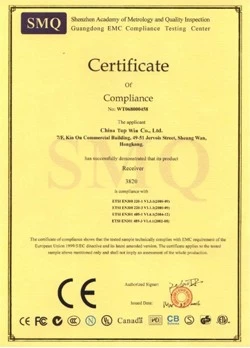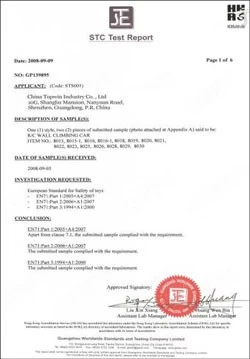Einstein ' s brain was cut into two hundred forty blocks and found what ?
chinatopwin
chinatopwin
2017-12-19 09:20:25
Albert Einstein, a Jewish family born in Ulm, a small town in the southern part of Germany, is
widely recognized as a gifted scientist and has high intelligence quotient that ordinary people
can't live in. In the early morning of April 18, 1955, in the Princeton Hospital of New Jersey,
USA, the old man made strange noises on his sick bed. The night nurse Alberta hurried up to
visit. The science giant murmured the language she could not understand. Two heavy
breathing, quietly died.
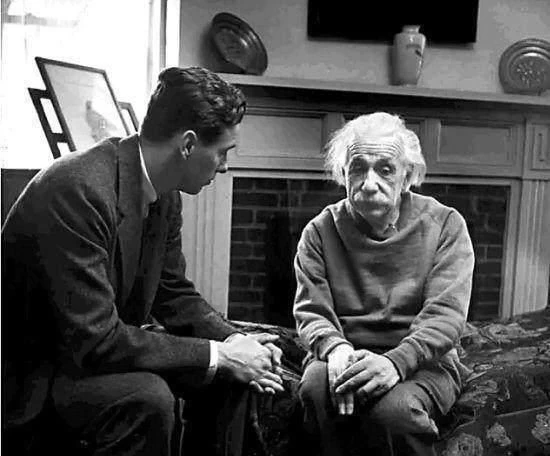
But Einstein's death, apart from a pity for everyone, is also interested in the brain of a scientist
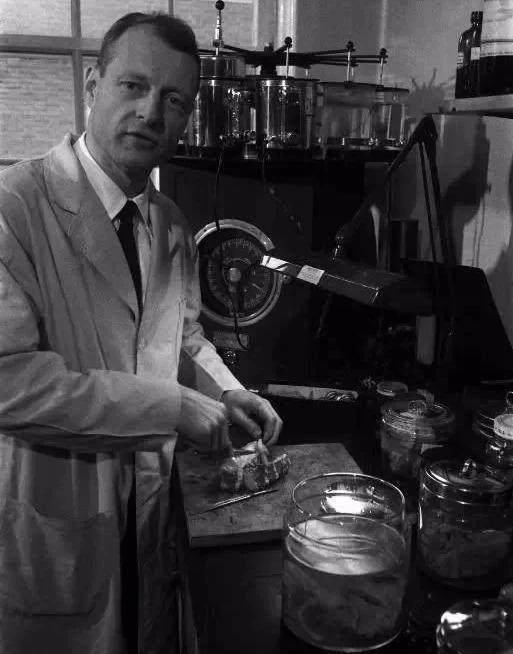
Another professor, Diamond, found that the proportion of neuroglia in Einstein's brain was twice
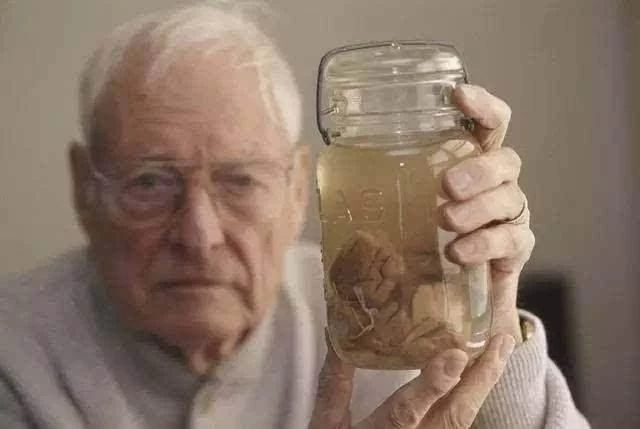
Einstein died that night, pathologist Thomas Harvey opened the Einstein's skull, to inject
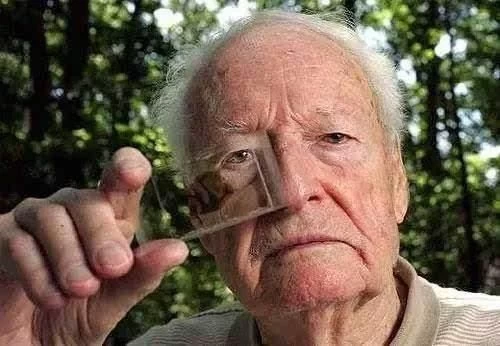
Although Dr. Harvey has promised to use Einstein's brain for scientific research and get

But Einstein's death, apart from a pity for everyone, is also interested in the brain of a scientist
with high intelligence. Just as Einstein captured the essence of energy and matter with his
famous formula, modern scientists are trying to capture the essence of genius. Scientists have
never abandoned the study of Einstein brain. Until now, research on Einstein's brain still
surfaced, such as the Department of anthropology, Florida State University professor Dean Falk
published his latest research on the "Frontiers in evolutionary neuroscience", he found a special
spherical structure in the motor cortex in Einstein, the other musicians in the brain are also
found probably, and Einstein grew to accept the training on the violin.

Another professor, Diamond, found that the proportion of neuroglia in Einstein's brain was twice
as high as that of others. "This phenomenon shows that Einstein's activity in this area is
enhanced when he shows his extraordinary rational thinking ability." She reasoned it. After all,
as one of the greatest theoretical physicists of the history, Einstein's transcendent abstract
ability is unquestionable. And he once said that he did not think in the way of language, but to
think of a problem with a picture like imagination like a movie. There are a lot of research and
inferences about Einstein's brain. Although not complete research, however to have these
research results is not easy. Because Einstein's brain was lost in the public view after his
death.

Einstein died that night, pathologist Thomas Harvey opened the Einstein's skull, to inject
preservatives in a cerebral artery to the brain, soak in a fixed liquid, called the history of the
most intelligent brain remained. After a long period of time, as one of the precious treasures
of human history, Einstein's brain is following a dismissal of the doctor with displaced. He will
be brought to the Philadelphia Brain Hospital, where, after strict training to technician the
authority of the brain atlas, this group of precious neural tissue carefully cut into two hundred
and forty pieces, produced twelve sets of such slices, then he put these specimens to circle
the most famous scientists when nervous and hope they can get the amazing discovery. The
remaining tissue was wrapped in transparent collodion, large glass bottles suspended in full
of formaldehyde, silence in Harvey's basement office or cardboard box.

Although Dr. Harvey has promised to use Einstein's brain for scientific research and get
permission from Einstein family, this action has caused endless controversy. Harvey is so
obstinate and passionate about Einstein's brain that he is not entirely for fame or money. He
has repeatedly refused to buy expensive brain samples. Harvey has been committed to the
promise of the Einstein family. He did his best in his later life, hoping to read the great
scientist's intelligence password in a scientific way. More than 50 years later, what is shown
before us is only the fragments of Einstein's brain. What kind of discoveries will be found later?










